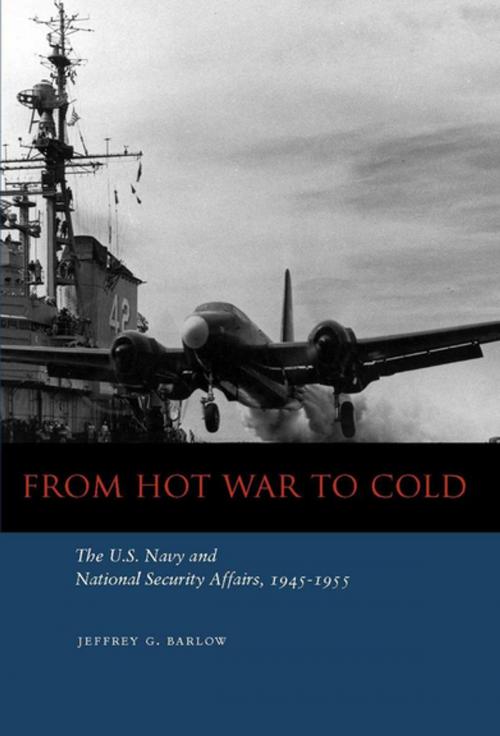From Hot War to Cold
The U.S. Navy and National Security Affairs, 1945-1955
Nonfiction, History, Military, Naval, Americas, United States, 20th Century| Author: | Jeffrey G. Barlow | ISBN: | 9780804770965 |
| Publisher: | Stanford University Press | Publication: | January 12, 2009 |
| Imprint: | Stanford University Press | Language: | English |
| Author: | Jeffrey G. Barlow |
| ISBN: | 9780804770965 |
| Publisher: | Stanford University Press |
| Publication: | January 12, 2009 |
| Imprint: | Stanford University Press |
| Language: | English |
This book discusses the role of the U.S. Navy within the country's national security structure during the first decade of the Cold War from the perspective of the service's senior uniformed officer, the Chief of Naval Operations, and his staff. It examines a variety of important issues of the period, including the Army-Navy fight over unification that led to the creation of the National Security Act of 1947, the early postwar fighting in China between the Nationalists and the Communists, the formation of NATO, the outbreak of the Korean War, the decision of the Eisenhower Administration not to intervene in the Viet Minh troops' siege of the French garrison at Dien Bien Phu, and the initiation of the Eisenhower "New Look" defense policy. The author relies upon information obtained from a wide range of primary sources and personal interviews with important, senior Navy and Army officers. The result is a book that provides the reader with a new way of looking at these pivotal events.
This book discusses the role of the U.S. Navy within the country's national security structure during the first decade of the Cold War from the perspective of the service's senior uniformed officer, the Chief of Naval Operations, and his staff. It examines a variety of important issues of the period, including the Army-Navy fight over unification that led to the creation of the National Security Act of 1947, the early postwar fighting in China between the Nationalists and the Communists, the formation of NATO, the outbreak of the Korean War, the decision of the Eisenhower Administration not to intervene in the Viet Minh troops' siege of the French garrison at Dien Bien Phu, and the initiation of the Eisenhower "New Look" defense policy. The author relies upon information obtained from a wide range of primary sources and personal interviews with important, senior Navy and Army officers. The result is a book that provides the reader with a new way of looking at these pivotal events.















